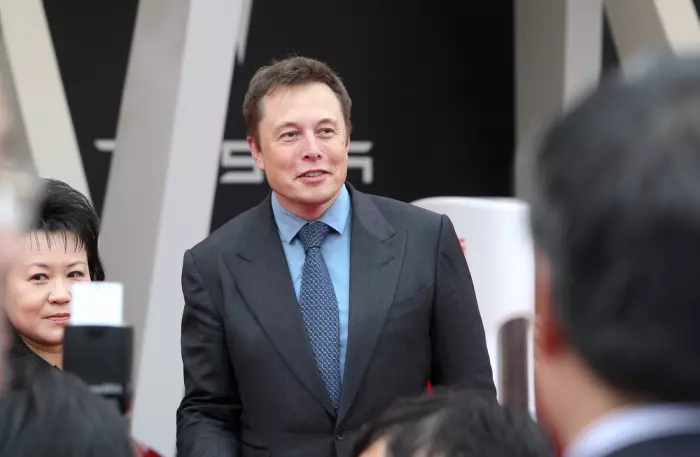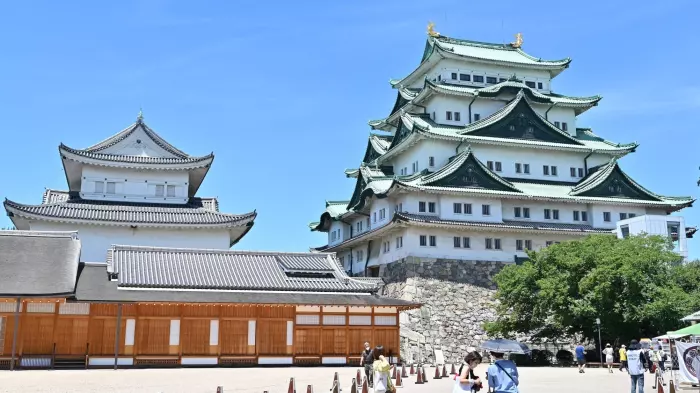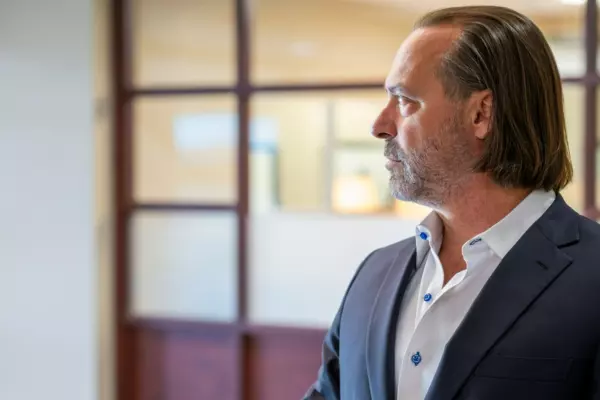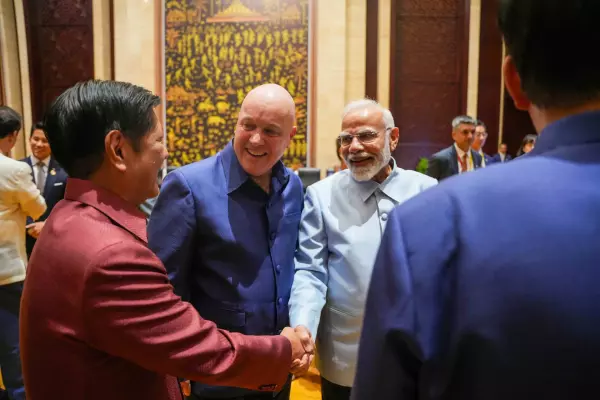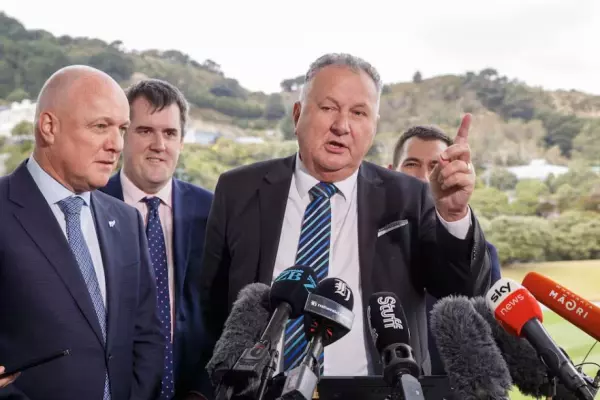National MP Dr Shane Reti, the party’s Pacific Peoples spokesman, has asked Elon Musk to consider aiding Tonga with his Starlink satellite broadband service.
The only subsea cable that connects Tonga to the rest of the world was damaged 37km offshore from the capital Nuku’alofa during volcanic activity in the region on Saturday, leaving the stricken nation without internet access.
Reti reached out to Musk over email after an update on the Tonga situation from Pacific Peoples minister Aupito William Sio on Monday. Reti then tweeted the letter to his followers on Friday afternoon.
In it, he asked Musk to provide Starlink internet to public officials and the people of Tonga in “this moment of need”.
An IT buff, Reti was already aware of Starlink, whose satellites were photographed over the North Island in recent weeks, appearing as a line of light streaking across the night sky.
“It just struck me that this could be really, really useful if Elon would consider contributing Starlink to the Tonga cause,” Reti said.
Mobile telecommunications have also been severely disrupted in the island kingdom, with contact reportedly only possible using satellite phones.
Tonga Cable Limited (TCL) chairman Samiuela Fonua told BusinessDesk on Tuesday that the full extent of the damage will only be known once a reconnaissance ship can pull the cable from the seabed for inspection.
He said it was unclear when this could take place due to the ongoing risk of seismic activity.
Starlink is a satellite broadband service founded by Musk, the US tech entrepreneur and sometimes the world's richest man, who is also the CEO of Tesla.
The company has access to a wealth of ground stations on Earth that talk to constellations of satellites it sends up into low earth orbit (LEO).
These then beam connectivity back to Starlink’s customers who buy and set up mini-satellite dishes on their roofs.
Recovery effort
People around the world were in need of telecommunications support, but Reti said the nature and extent of the recent eruption created a pressing need for Tonga.
“The nature of this explosion was so large that the pressure waves were felt in Alaska, for goodness sake.”
Reti tweeted a copy of the letter to Musk on Friday, several days after he sent it. Why? The National MP had been locked out of his account.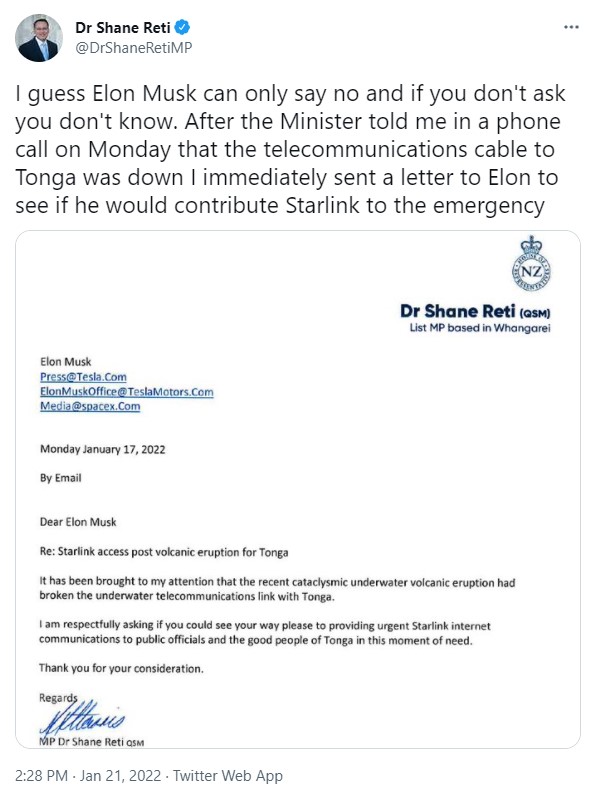
BusinessDesk suggested he tag Musk in the tweet to boost his chances of getting a response.
“Thank you for that advice, I’ll do that right now,” Reti said.
Reti had also approached the consulate of the Kingdom of Tonga and local leaders in the Tongan community to offer his condolences and ask how the National party could assist.
He was hoping for a response from Musk, who has form offering help – not always needed – in a post-disaster context (like the Thai cave rescue).
“If you don’t ask you don’t know, and what’s the worst he can say? He can only say no,” Reti said.
The National MP also had a “backdoor” way to get to Musk. His son-in-law worked as a customer services agent in Australia for Tesla, and Reti was considering working this connection to get up the chain.
“Either way, I am going to reach Elon.”
The entrepreneur has yet to respond.
To the stars
In New Zealand, Starlink hardware costs $799 plus $150 shipping, with a service fee of $159 per month. That’s expensive compared to NZ’s most common fibre plans at about $80 per month all in.
But satellite broadband has a market for those in rural areas not serviced by the ultrafast broadband (UFB) network who must rely on very slow internet otherwise. Starlink is capable of similar speeds to fixed broadband.
Given satellite phone communication is reportedly the only way to currently contact Tonga, Reti’s suggestion that satellite broadband may be of use to the nation at this time makes sense.
But unless Starlink has a ground station presence in or close enough to Tonga to relay the signal, it might be that Starlink satellite dishes won't be of immediate use.
There are several ground stations in NZ where Starlink has equipment, including in Awarua near Invercargill.


